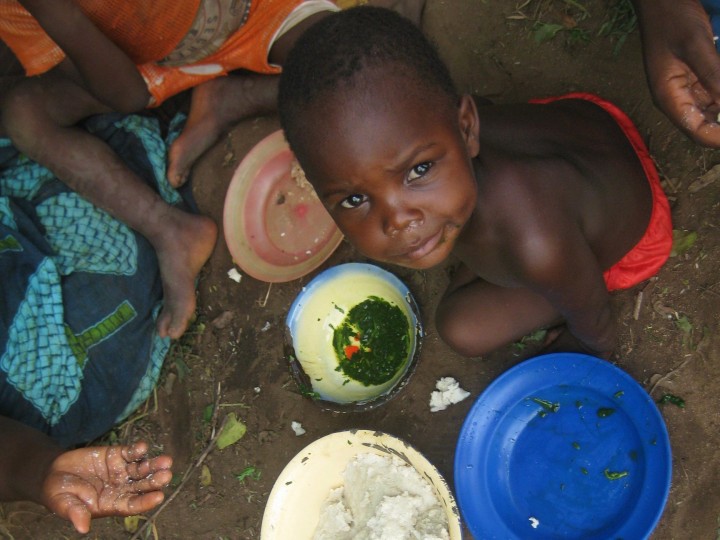Integrating WASH and food hygiene in Chikwawa District, Southern Malawi
2015 - 2018 • Sanitation and Hygiene Applied Research for Equity (SHARE) consortium
Purpose
To determine the relative effectiveness of food hygiene and WASH interventions in preventing diarrhoeal disease in under-fives in Chikwawa District, Southern Malawi
Activities
This study aims to determine the relative effectiveness of food hygiene and WASH interventions in preventing diarrhoeal disease in under-fives in Chikwawa District, Southern Malawi. Led by the Malawi Epidemiology and Intervention Research Unit (MEIRU) in partnership with the Malawi Polytechnic, researchers will use the findings from formative research to design a behaviour change intervention aimed at improving WASH behaviours alone or in combination with food hygiene behaviours. Using a cluster randomised controlled trial with two treatment groups and one control group, the team will measure the impact of the intervention on the incidence rate of diarrhoeal disease in children under five.
Images

Image: Child in rural Malawi
Countries of activity
Location of main activity
Objectives
Aim: To determine the relative effectiveness of food hygiene and water, sanitation and hygiene (WASH) interventions in preventing diarrhoeal disease in children under five in Chikwawa District, Southern Malawi.
Objectives:
• Identify potential sources and causes of diarrhoeal disease in the sample population of children under five, as well as the number and type of pathogens present in complementary foods and WASH-related surfaces before and after the intervention;
• Identify key intervention points and behaviours and develop WASH and combined WASH and food hygiene community-based interventions to target these;
• Test the relative and absolute impact of these two interventions on the incidence of diarrhoea in children under five and on targeted behaviours pertaining to WASH and food hygiene.
Contact information
Tracy Morse
Login to see the e-mail-adress of the contact person.
Filter tags
Behaviour change Health and hygiene Rural Specific to one or several countries Sub-Saharan Africa UK government University, education or research institution WASH and nutrition
Sanitation and Hygiene Applied Research for Equity (SHARE) consortium
London
United Kingdom
Uploaded by:
Sophie Durrans (sophiedurrans)
















